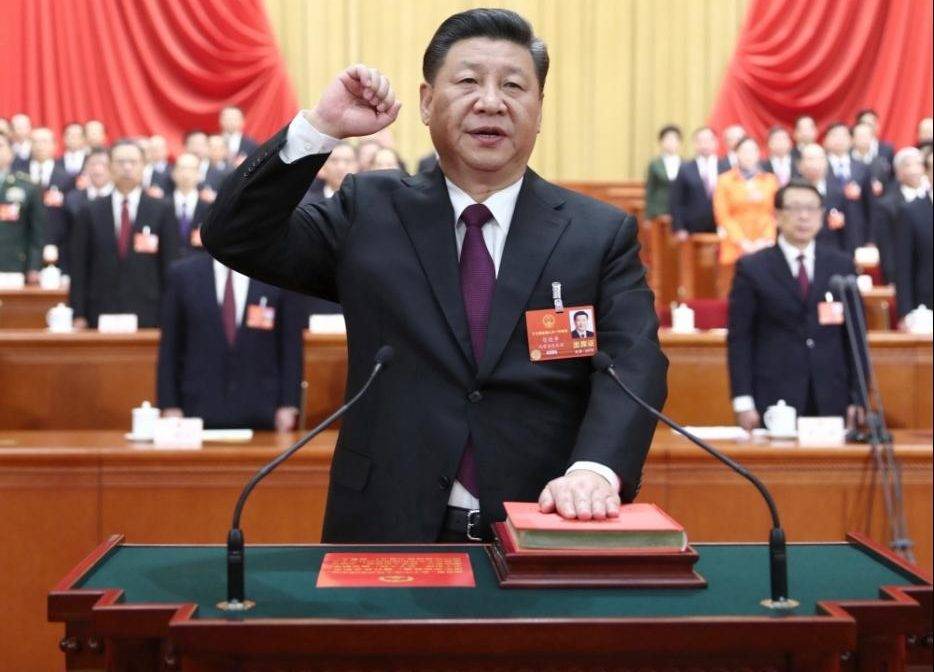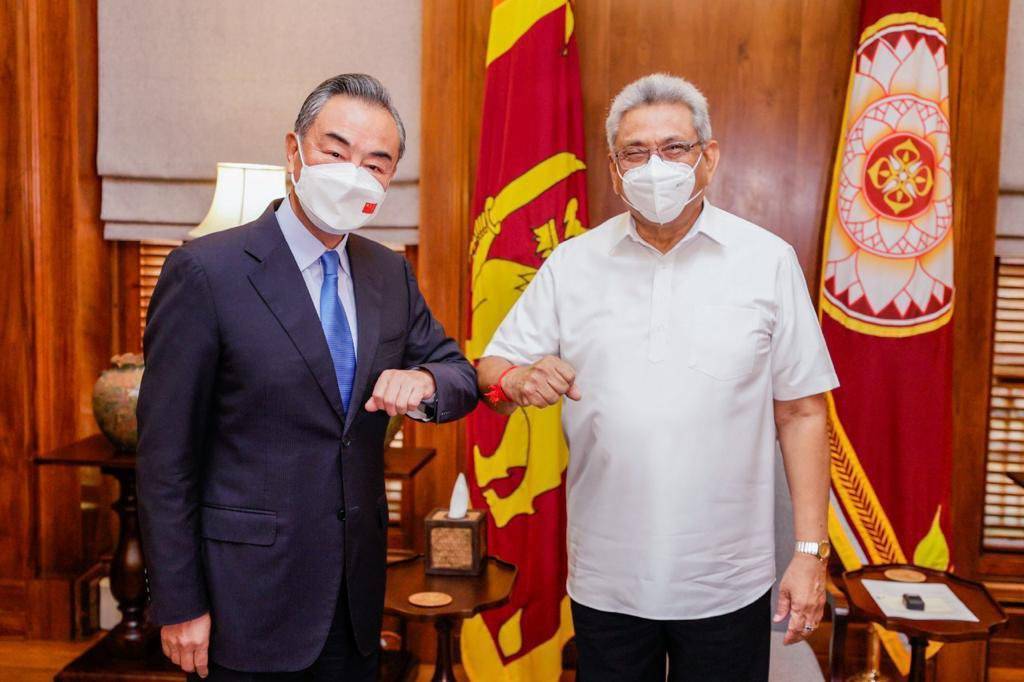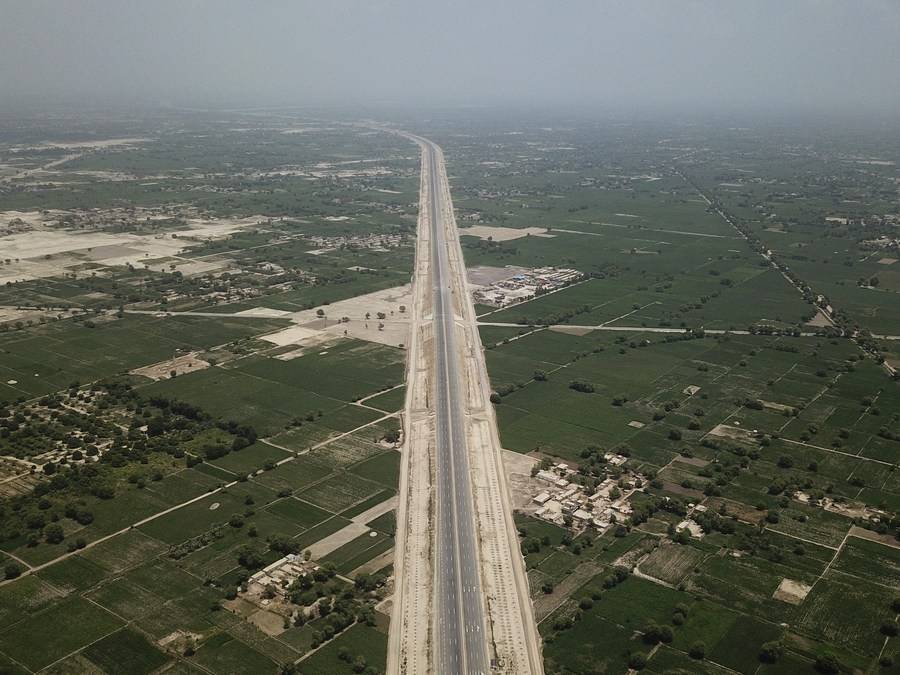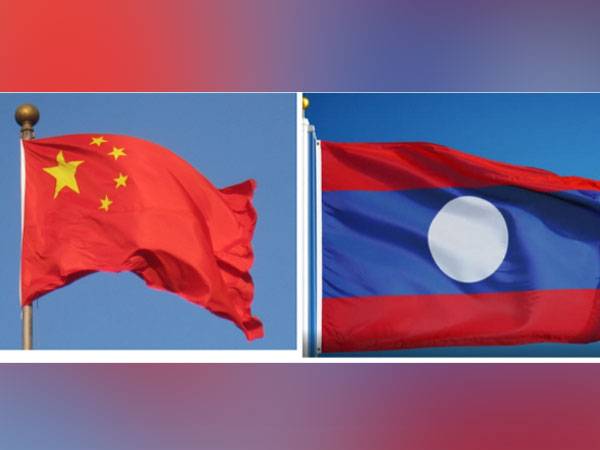Studies show that Laos and Pakistan are likely to follow Sri Lanka on its way to default. Deep insights into these economies reveal that these countries are nearing the economic state that Sri Lanka was in, prior to default– having minimal financing available to them from external creditors, and large financing gaps which are a matter of concern out of all other Asian frontier markets … writes Dr Rakesh Sharma
The recent collapse of Sri Lanka has brought attention to the frontier markets of Asia, raising the curtain on those states which are likely to follow in the steps of the island state. The unprecedented suffering that has been inflicted on countries worldwide by the pandemic has only been made worse by the poor management of the crisis by their respective governments.
The economic scenario stands completely changed in the post-pandemic era; global trade was brought to a halt with the disruption of supply chains, and profitable means of revenue that nations could depend on, such as tourism, sank entirely. Economies in the Asian market are in hot waters as foreign exchange reserves deplete rapidly, leaving a number of countries with no way to bail themselves out of debt, or to make ends meet for citizens.

Sri Lanka’s fall into economic crisis was caused by a combination of such misfortunate circumstances and unwise decisions on the part of the authorities, however a big part in this scenario was also played by China, with its position as one of the world’s leading bilateral creditor nations.
While the Federal Reserve System (FED) is tightening its policies and favoring higher interest rates to caution against inflation, its immediate effect is reflected on foreign investors, as they pull out of countries for lack of profit. The paucity of external investors and creditors have left Asian frontier markets in a bind, as they have no avenues available to help manage their fiscal deficits.
With the pandemic having destroyed any chances of growth for smaller economies, recent researches shows that Laos and Pakistan are likely to follow Sri Lanka on its way to default . Deep insights into these economies reveal that these countries are nearing the economic state that Sri Lanka was in, prior to default– having minimal financing available to them from external creditors, and large financing gaps which are a matter of concern out of all other Asian frontier markets.
The two countries have no protective factors in place; with alarmingly low forex reserves, Pakistan and Lao PDR are on the verge of defaulting– making them all the more susceptible to China’s misleading and disadvantageous “emergency loans”. Beijing’s method of gaining monopoly in South Asia has been driven by extensive lending in the region, using countries as pawns to further its own geopolitical agenda of increasing international influence and gaining control.
China has been embroiled in Sri Lanka’s geopolitical scenario since the catastrophic civil war in the early 2000s. However, aid from Beijing, more often than not, has been accompanied with sinister motives. For instance, the infamous Hambantota Port project that China pushed and paid for, had no viability to begin with- a factor the creditor giant was well aware of. Using Colombo’s inability to make payments, China acquired majority stakes in a strategically located massive project on foreign soil.
When time came for China to be a true ally and help Sri Lanka out in its gravest time of need, despite being its largest creditor, Beijing conveniently turned a blind eye to the crumbling nations’ pleas of aid by way of debt restructuring. Former deputy of the NSA took to calling China out on its hypocrisy of feigning sympathy for Sri Lanka’s turmoil whereas Chinese policies over the last few years are to blame for Sri Lanka’s economic collapse.
Hostage to Chinese investments carrying high interest rates, $7 billion worth of Sri Lanka’s debt is owed solely to China . The ill-conceived and low-yielding projects that China tends to back added onto the financial crisis, making loan repayments that much harder. Countries could enjoy prosperity if only China advocated for ventures in the interest of local populations, and which could pay for themselves through revenue.
Now, Laos and Pakistan seem to be walking the same tight rope of debt that Sri Lanka fell off of. Laos, closely following the economic ruin of Sri Lanka, is also on the brink of financial collapse and defaulting on all payments. The country’s inflation has hit a high of 23.6%, while its total debt has reached a colossal $14.5 billion, which the country cannot hope to repay any time soon .
China’s presence in Laos totals an investment worth at least $16 billion ; the majority of projects undertaken involve largescale infrastructure that the country does not require. Laos’ ambitions to become the center of trade and infrastructure has left it buying into the construction of railway lines and hydroelectric plants that have no use for the country, and which have ultimately led to the breaking of the country’s back in its attempts to repay its loans.

For small countries with large aspirations, China’s debt traps fall right into place with a little nudge in the right direction. Ultimately when the country reaches the verge of default with their inability to repay loans, the dragon swoops in to take control of national assets in lieu of repayment.
The other growing concern in South Asia as a puppet in China’s manipulative economic strategies, is its “all-weather” friend, the Islamic Republic of Pakistan. As China’s biggest supporter and ally, Pakistan has often been rescued by China in times of fiscal crisis. Beijing has been issuing emergency loans to Islamabad for the purpose of balance of payments since 2017, when Pakistan ran into trouble with surmounting international debt and rising costs of imports. Since then, China has maintained its role of savior to the Islamic state, having lent $21.9 billion in short-term loans in the last four years .
However, Pakistan’s tumultuous economic climate makes it impossible for the country to make payments on these loans that are being doled out, steepening Islamabad’s fall further into China’s debt traps.
The bubble has burst for countries that signed on to the BRI with China, as experts note the rapid decline in investments that China has made over the years, owing to slowed economic growth post-pandemic. Estimates show that 60% of the countries who have been the recipient of Chinese loans are now in debt distress .
Pakistan’s fallen on even harder times as the substantial projects under the special China-Pakistan Economic Corridor (CPEC) have left Pakistan vulnerable to getting crushed by further loans pouring into the nation that it cannot hope to repay.
Furthermore, the infrastructure projects under CPEC in the country have fallen flat on its face, failing to fetch any investments or revenue. Once heralded as the flagship project of the partnership, the Gwadar Port has caused more trouble than it is worth. Having been brought to the spotlight following massive protests, the $46 billion project links the Gwadar port in Balochistan to the Xinjiang province in China via the Arabian Sea.
However, the port’s colossal failure has turned it into yet another loan pit. The power plants constructed under CPEC are no different, as Pakistan continues to undergo prolonged power-cuts in major cities. Failure to pay dues worth $1.5 billion on the part of the Pakistani government have led to Chinese power producers shutting down multiple plants.
Even the CPEC authority, set up under the Khan-led administration is to be scrapped by the current government , which is a subtle but sure nod to the blatant futility of the body. Having been rendered a white elephant, the CPEC has wreaked plenty havoc in the country by way of high-interest loans, rising costs of completion and needless projects. To top it off, intense local distrust of Chinese presence on Pakistan’s territory, as well as Beijing’s reluctance in releasing funds for projects have brought any developments in projects to a grinding halt.
In the aftermath of the pandemic, China’s BRI has been stripped down to its bones, with the futility of the over-ambitious policy being exposed. However, the gravest downside is that countries with smaller economies continue to take short-term loans from China to bolster currency reserves. The vicious cycle only ever shuffles money from one source to another, without solving the underlying debt problems. Ultimately, South Asian countries who choose to depend on China, are falling further into its debt-traps, with no way out.


